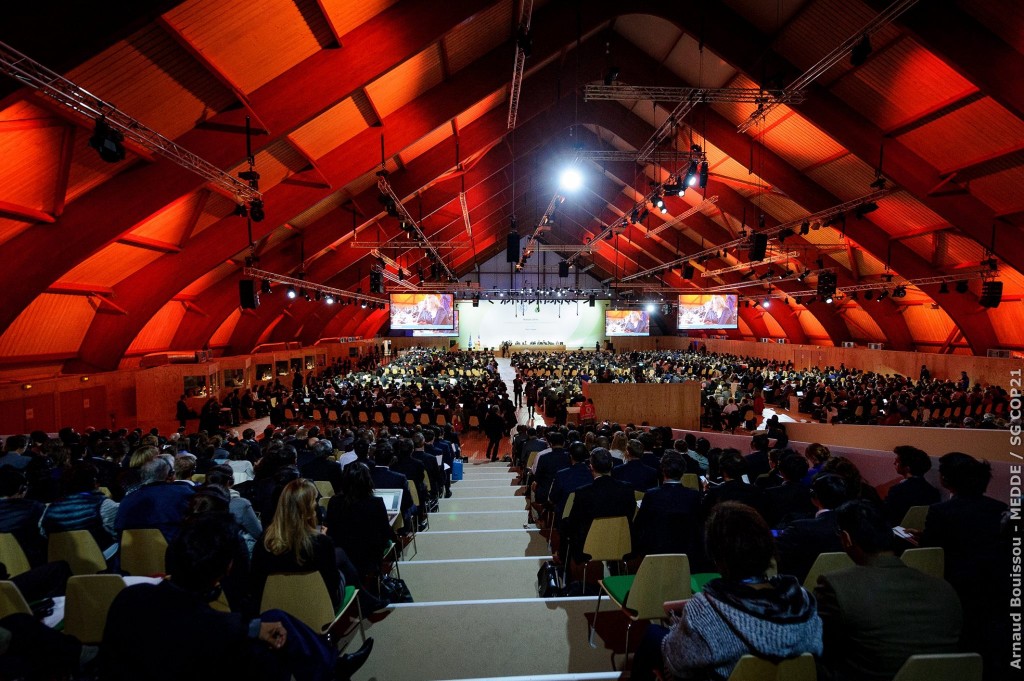Climate talks: Blood, sweat and tears
LE BOURGET, France—Tears flow often—blood has once—as climate negotiators from 195 nations gather every year in a different corner of the world for a physical and emotional endurance race.
Nerves are known to fray as the delegates’ high-stakes mission to save humanity clashes head-on with the intransigence that comes from their other mandate to defend narrow national interests.
“There’s tears at a lot of these meetings,” said observer Alden Meyer, a veteran survivor of the talks known for running deep, deep into extra time as negotiators cling onto their bargaining chips as long as they can.
“Sometimes they’re tears of frustration and anger, sometimes they’re tears of joy,” the Union of Concerned Scientists analyst told Agence France-Presse (AFP) at the latest round of talks, in Paris, meant to finally yield a universal climate rescue pact.
This year marks two decades since the first Conference of Parties (COP1 to insiders) gathered under the United Nation’s climate convention in Berlin in 1995.
The annual meetings generally aim to close on a Friday, but often spill over into Saturday, sometimes even Sunday.
By this time, bleary-eyed delegates, observers and journalists are to be found wandering the corridors like zombies, desperate for sleep and much in need of a shower, vying for an empty couch or beanbag to catch forty winks.
“The sleeplessness, it gets to you after two or three nights. You’re sort of operating on fumes, you’re not thinking straight, you’ve got a headache, you forget what day it is,” Meyer said.
The very nature of the process is what results in these pokerlike standoffs.
There is no vote, and decisions are approved with a bang of the gavel on “consensus”—a fuzzy term that itself has caused a lot of conflict, but basically means no lone voice is loud enough to stop a deal if there is overwhelming support.
The late nights and constant bickering can take their toll.
At COP13 in Bali, then-UN climate chief Yvo de Boer was reduced to tears in front of thousands of delegates and had to be led off stage as the United States sought to block an agreement.
Two years later in Copenhagen, Venezuelan negotiator Claudia Salerno stole the limelight when she waved a red-stained palm and claimed that developing countries were reduced to “cutting our hands and drawing blood” to get a speaking turn.
“The final hours of any COP are hellish,” said Mohamed Adow of Christian Aid, which pushes poor country interests at the talks.
He has attended six of them.
“Emotions run high because we’re dealing with decisions [that] could mean life and death for millions of people,” he said. “Added to that, the negotiations become very complicated at that stage just when people stop getting any sleep and the food begins to run out.”
Tasneem Essop of environment lobby group WWF recalls the 2011 Durban COP—which holds the unenviable distinction of having the longest overrun yet: two full nights.
By the time the conference held its closing session on the Sunday, with negotiators still bickering, “basically, I had to sleep,” she said.















